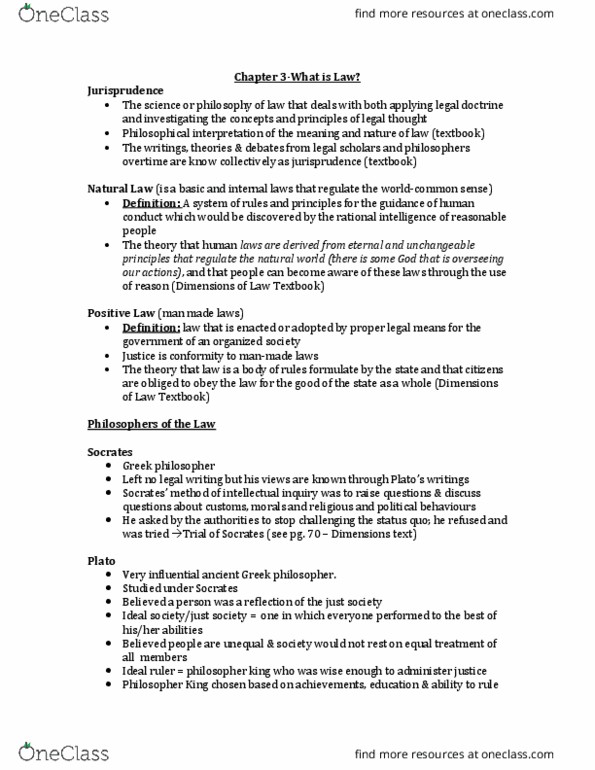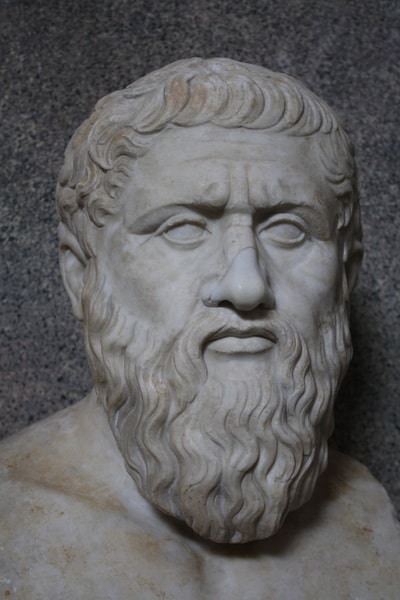The philosopher king theory is an idea that has been discussed and debated by philosophers for centuries. It suggests that the ideal form of government would be one in which a philosopher, or someone who is knowledgeable and wise, holds the highest position of power and uses their knowledge and wisdom to govern justly and effectively.
The philosopher king theory can be traced back to ancient Greece, where it was first proposed by the philosopher Plato in his work "The Republic." In this text, Plato argues that the best form of government is one in which philosopher kings rule. He believed that philosophers, due to their love of wisdom and pursuit of truth, would be the most qualified to lead a just and fair society.
Plato's idea of the philosopher king has had a significant influence on political thought and has been adapted and debated by many philosophers throughout history. One argument in favor of the philosopher king theory is that it could potentially lead to a more rational and moral society, as the ruler would be guided by reason and virtue rather than selfish interests.
However, there are also several criticisms of the philosopher king theory. One concern is that it is unrealistic to expect that a single person could possess the necessary knowledge and wisdom to effectively govern a society. Another concern is that philosophers, like any other human beings, are susceptible to corruption and may not always act in the best interests of the people.
Despite these criticisms, the idea of the philosopher king has continued to be a popular and enduring concept in political philosophy. Many philosophers and political thinkers have argued that the ideal form of government is one in which leaders are guided by reason and virtue, and that the philosopher king theory offers a potential model for achieving this goal.
In conclusion, the philosopher king theory is an idea that has been debated by philosophers for centuries and suggests that the ideal form of government would be one in which a philosopher, or someone who is knowledgeable and wise, holds the highest position of power. While the theory has its critics, it remains an enduring concept in political philosophy and continues to be a source of discussion and debate.







